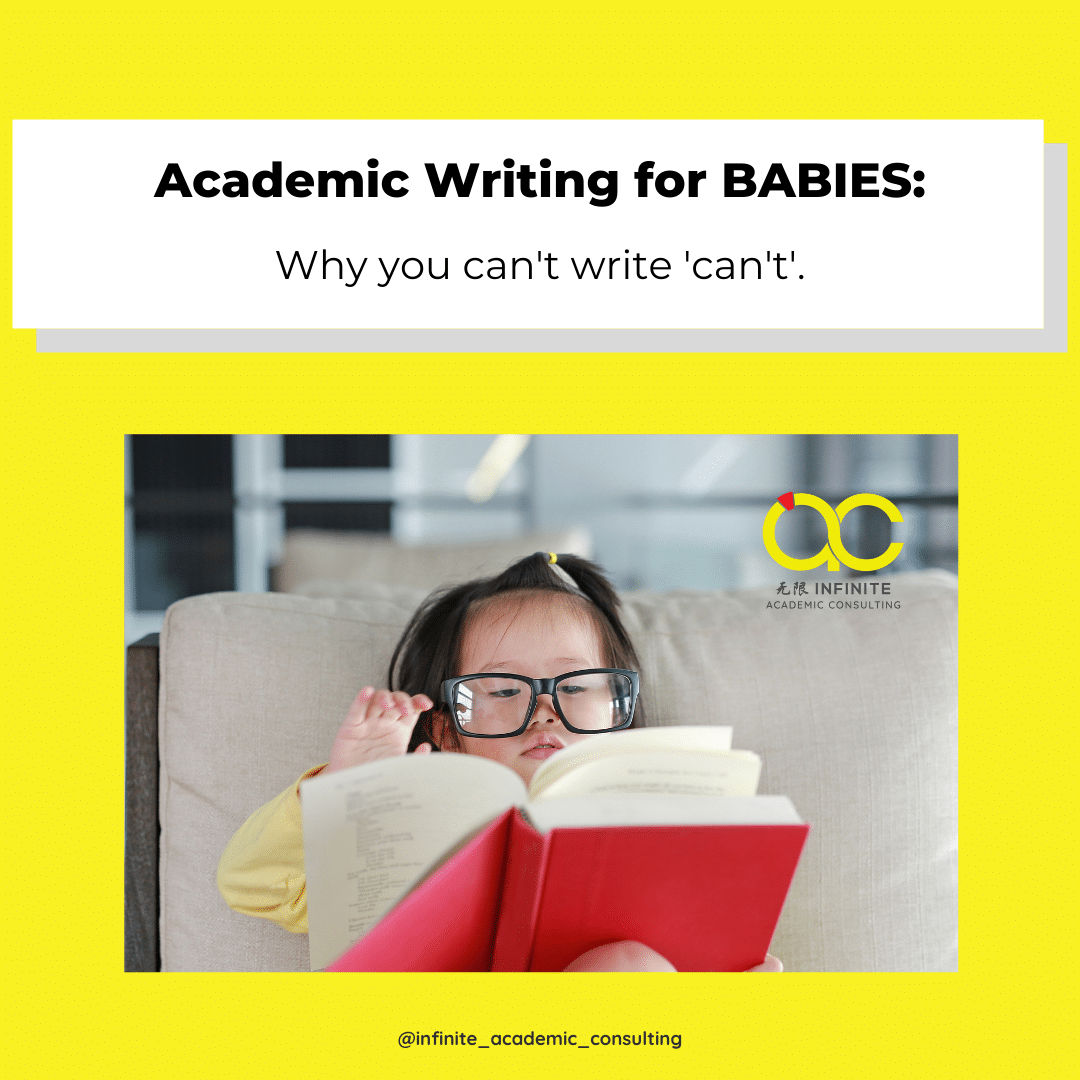
As a scholar myself, academic writing has always been a struggle. During my undergraduate, it was my worst nightmare. Although they do somewhat teach you how to do it in the university, I was too occupied with other fun stuff. So I stuffed up. Majorly. And you shouldn’t write like this for sure in your formal academic writing like I just did here.
So, what is academic writing, and why is it different from that beautiful novel that you love reading or the goss mag that gives you so much pleasure while waiting at the supermarket checkout? Aren’t they all the same? But they are all in English? Is this blog a form of academic writing since this random PhD guy writes it? No, No, No, and No.
Academic writing is formal
Academic writing is about formality, theory, and ideas organisation. It adheres to standard grammatical rules, such as punctuation, spelling, etc. It has a formal structure, namely an introduction, a body paragraph, and a conclusion. Academic writing almost always presents arguments that are supported by academic theories, research, etc. So yes, that’s academic writing in a glance for you. Your personal diary/novel in the making is not academic writing. This is also because academic writing is also about a particular tone or mode of address, which is always objective, formal, and concise. However, academic writing, like autoethnographic research, might change that up a little (more on that in the future).

Academic writing = Black tie event.
Personal writing = Casual Friday.
.
Referencing: you can’t just copy away
It is useful to think of academic writing as a form of continuous knowledge being passed down or around by others, to empower the people after them. To say thank you in an academically setting, you cite the sources that have empowered you in your writing so far. You also acknowledge their contribution by doing so. And it is COMPULSORY to do so. Yes, you are going to be nice and kind COMPULSORILY. If not you are just…a plagiarist. Referencing in academic writing is not just about citing the things you have used directly (i.e. quotes and diagrams) from a source. It is also about acknowledging someone’s idea when it is not yours. This is where it gets tricky. Fear not, the awesome Joe is still here to help you through that!
You write for an audience, not for your soul(mate)
Academic writing has a defined audience; whether it’s your lecturer, tutor, or academic peers. To make it easier, you should always remember you are writing for a slightly above-average intelligent crowd. Still, they may be new to your topic/research. Writing for an audience will reflect in the tone that you use. I mean, you probably should aim for formal writing instead of using text language or spelling/slangs/daily conversational words, which will drive the teaching staff up the wall. Avoid words like ‘sup’, ‘mate’, ‘bro’ at all cost. Having an audience that you write to also means you should explain your writing carefully to them. Sometimes the voice that makes perfect sense in our head and to our soul(mate) makes zero sense on paper.

or your cat.
Have a thesis statement. Save the waffles for yourself
Academic writing presents arguments based on existing research. A thesis statement is usually a concise sentence in the introduction that tells your readers what your main idea is about. A lot of students struggle with this. Having a vague or waffly introduction is terrible for the overall reading flow. When your readers can’t tell what you are trying to say, it makes it hard for them to follow. And it is no fun playing a guessing game when there are so many words and contexts involved. Again, be kind to your readers; tell them what you are arguing, and why this is the case. Practice makes perfect. If you don’t know where to start, Joe can teach you how to craft the most beautiful thesis statement in the world. Nah, scrap that. There’s no perfect thesis statement—only a better one.
In conclusion…finally
Academic writing is a mixed bag of things. It requires a lot of practice, experience, and most importantly, patience. None of us was born to write academic English. Unless if you are a mutant with that superpower. But again, if you are a mutant with a superpower, why choose that? Sorry, I have digressed. If you are struggling with academic writing, feel free to hit Joe up for some super tips. He will also guide you on how to write a beautiful academic essay because that is Joe’s superpower – a PhD.

